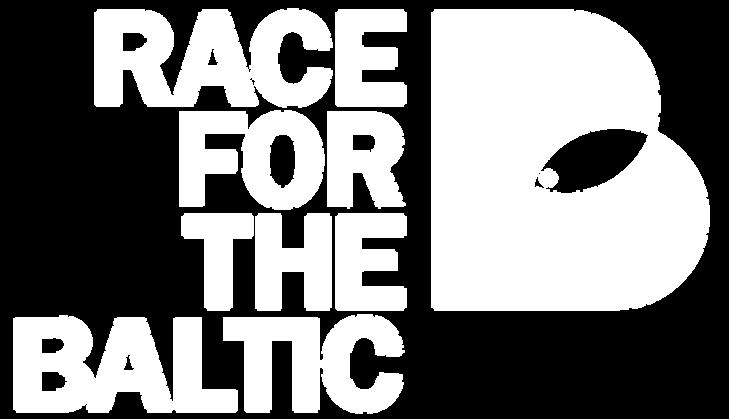
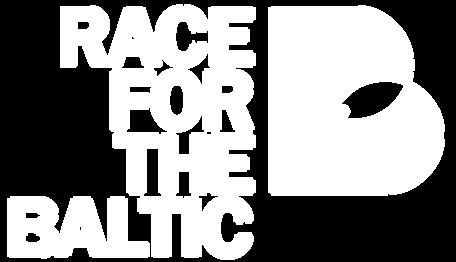



YEAR IN REVIEW 2023


Race For The Baltic (onward referred to as RFTB) is an independent non-profit accelerating solutions to ensure a healthy Baltic Sea for future generations
To achieve the greatest positive impact, RFTB’s efforts are focused on solving the root problem of the Baltic Seaeutrophication.
RFTB is a business oriented non-profit organisation, with vast experience from the private sector The work is focused on solution-oriented and cost-effective projects with measurable impact.
The organisation works in close collaboration with researchers, governmental institutions, non-profit organisations, entrepreneurs, and the private sector.
RFTB is funded by a small group of philanthropists The organisation was founded, and continues to be supported, by Zennström Philanthropies

Editorial staff and layout: Helene Isander & Anna Andersson
Printed by: Åtta45 Infomedia
Paper: Edixion
Cover photo: Getty Images Signature
2
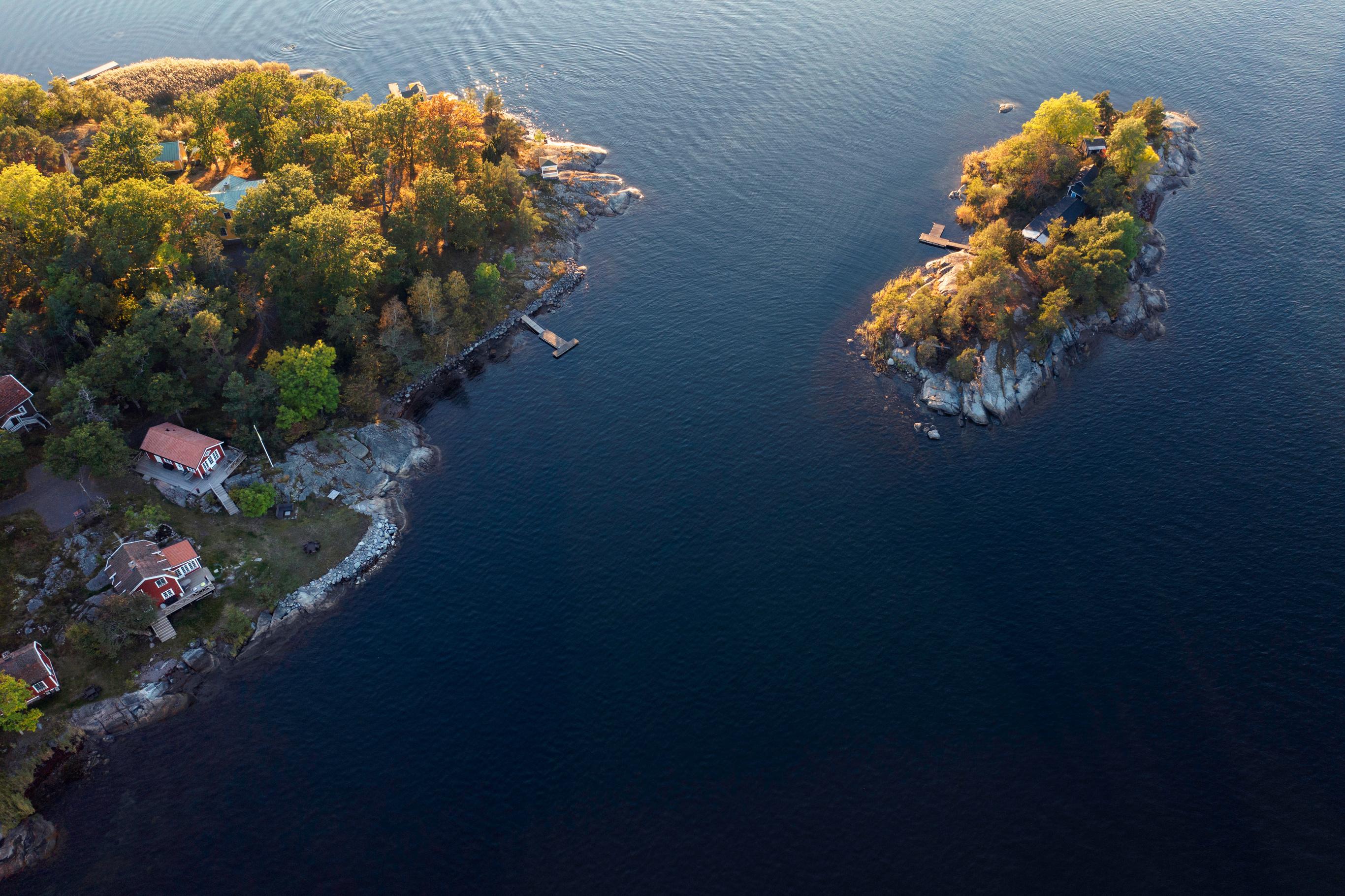
Cover Page ................................................... About Us ....................................................... Table of Contents A Message from the CEO 10 years of work for the Baltic Sea ....... Results 2023 .............................................. The Challenge The Opportunity Our Approach Our Projects ............................................... Baltic Reed ................................................. City Accelerator Port Project Production Project .................................... Restoration Project ................................... Horse and Fish Project ............................ Activities 2023 Organisation 2023 ................................... Board ........................................................... Partners 1 2 3 4 5 6 8 9 10 11 12 13 14 15 16 17 19 22 22 23 3 © Getty Images Signature
TABLE OF CONTENTS
IMPACTFUL MEA RESULTED IN A R
A message from the CEO
2023 was a year when we had the rewards of long-term effort succeeded in implementing me prevent 48 tonnes of phosphor Baltic Sea each year This is thr what we achieved in 2022, wh itself.
At the same time, 2023 was a y We started the conclusion of o has been a significant success we were building for the future steps in the development of ne believe have potential. We stru for growth, opened offices in P projects with EU funding, which important financing channel
We observe how our emphasis and anticipate continuing to inc Poland Throughout the year, w requests to participate in variou which feels like a confirmation strengthened our position in th organisation in general but esp actor
We are delighted to continue fo collaboration among Baltic Sea joint initiatives on Baltic Sea Day, and increasingly engaging in collaborative projects with other nonprofits
 Peter Wiwen-Nilsson, CEO, Race For The Baltic.
Peter Wiwen-Nilsson, CEO, Race For The Baltic.
Looking ahead to 2024, we eagerly anticipate the development of the Production Project in Poland and the initiation of a new project after the conclusion of the Port project Additionally, we look forward to witnessing and contributing to the development of Baltic Sea Day celebrations, the continuation of the Reed Project, and many other exciting endeavors
In conclusion, the future feels more exciting than ev


4
When I began studying the issues with the Baltic Sea, I quickly realised that there were few entrepreneurs or philanthropists engaged in the matter I saw that there was a concrete opportunity for me to make a difference.
Niklas Zennström, Founder, Race For The Baltic.

10 YEARS OF WORK FOR THE BALTIC SEA
This year was a special year for RFTB, since it marked the 10th anniversary of the foundation. It all began in the summer of 2013, with a cycling tour through all nine countries around the Baltic Sea, and 25,000+ collected signatures calling on Environmental Ministers to fulfil the goals agreed upon in the HELCOM Baltic Sea Action Plan.
The awareness campaign “Race For The Baltic” united more than 100 organisations, businesses, municipalities, and NGOs. A collaborative effort involving FishSec - Fiskesekretariatet, Coalition Clean Baltic (CCB), Oceana and Zennström Philanthropies Together, we called for concrete political action to preserve the Baltic Sea The campaign consisted of a 3,700 km cycling tour spanning three months, we visited nine countries and 50 cities along the Baltic Sea coastline This allowed us to witness firsthand the evolving conditions of the Baltic Sea and its impact on the people living around it
It was after the awareness campaign in 2013, the entrepreneur Niklas Zennström, together with his wife Catherine Zennström, evolved Race For The Baltic from a campaign to a foundation. The foundation's purpose was established to finance its own projects and focus its efforts on reducing eutrophication in the Baltic Sea.
"We started Race For The Baltic, because we wanted to influence decision-makers and politicians to prioritise correctly. However, we realised that it was more effective to implement projects ourselves than to try to get others to do it."
Said Niklas Zennström to Dagens Industri in an interview published regarding the 10th year anniversary [1].
5
[1] “Skypegrundarens billiga vapen i kampen mot utsläppen”, Josefin Jacobson, DI, 7 10 23
© Christopher Hunt
RESULTS IN 2023
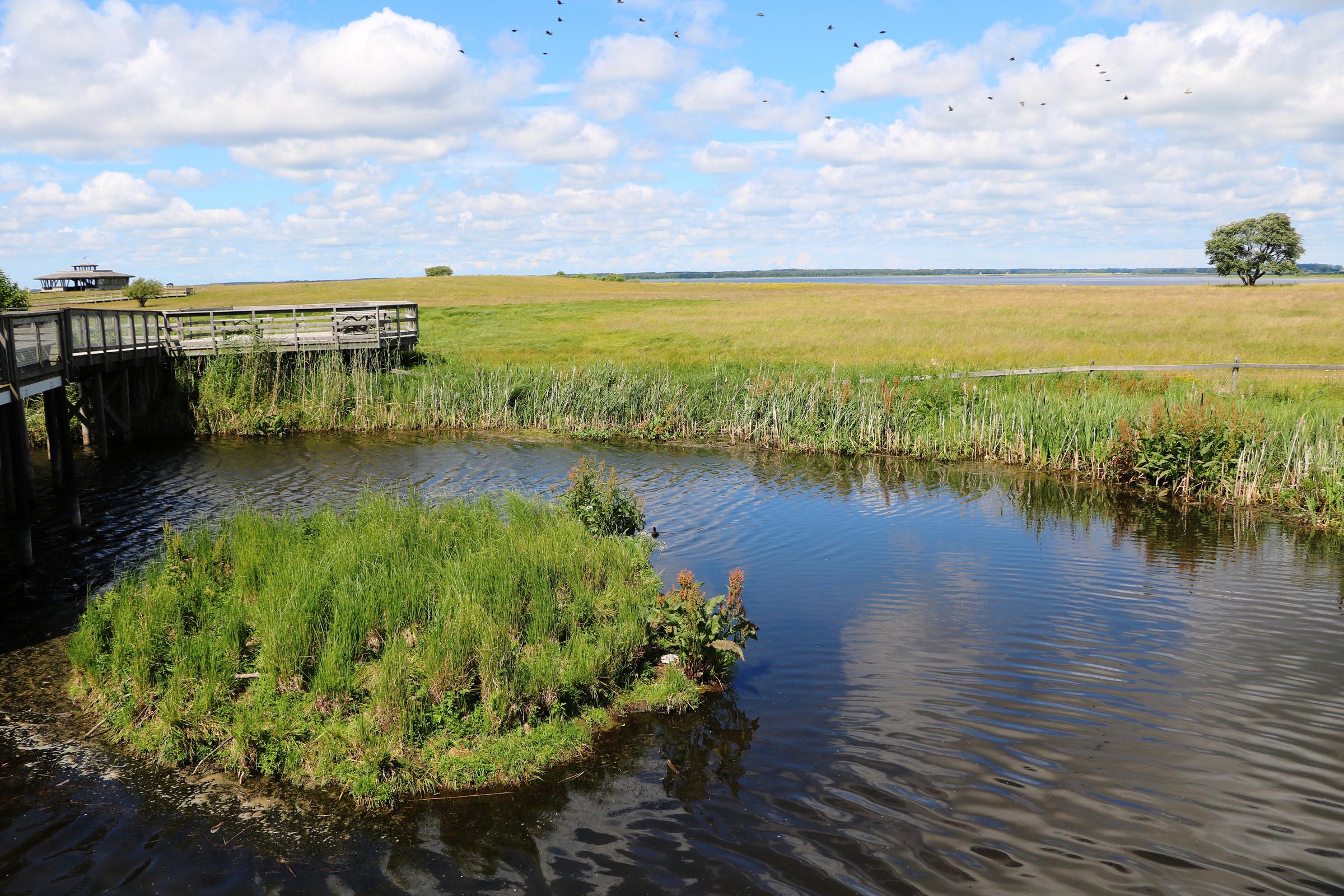

IMPRESSIVE GROWTH YEAR BY YEAR
Since we set our target we have, on average, increased our results by 133% annually.
To reach our target of 500 tonnes P by 2030, the average annual growth over the next seven years needs to be 5,25%
COST EFFICIENCY
48 tonnes of reduction per year is more than Sweden has achieved on an annual budget of several hundred million SEK [2]. For comparison, RFTB’s total costs in 2023 were 10 MSEK. This year's result was 225 % higher than last year's [3]. At the same time, RFTB's overall costs increased by 27 %, leading to a cost efficiency improvement of 60 %.
[2] The 2020 budget for direct eutrophication measures was 240 MSEK, press release, Sep 6, 2019, Regeringskansliet According to HELCOM PLC-8, Nutrient Input Ceiling assessment 1995-2020, Sweden’s phosphorus input to the Baltic Sea was reduced by 43 tonnes per year on average during the latest reported period, namely 2017-2020
[3] As projects often span over several years, results can sometimes be difficult to measure on an annual basis We expect 2024 to be a build-up year with substantially less additional reductions
[4] Calculation made by Finnish Environmental Institute for John Nurminen Foundation 1 kg phosphorus (P) = 1 tonnes of algae
[5] Based on the average result in the Swedish Board of Agriculture's compilation of all wetlands in the rural development program
The total result for 2023 is an additional inflow reduction of 48 tonnes of phosphorus per year into the Baltic Sea.
48 tonnes is enough to stop 320 000 bathtubs filled with toxic algae every year [4] and comparable to 13 500 hectares of wetlands [5].
6
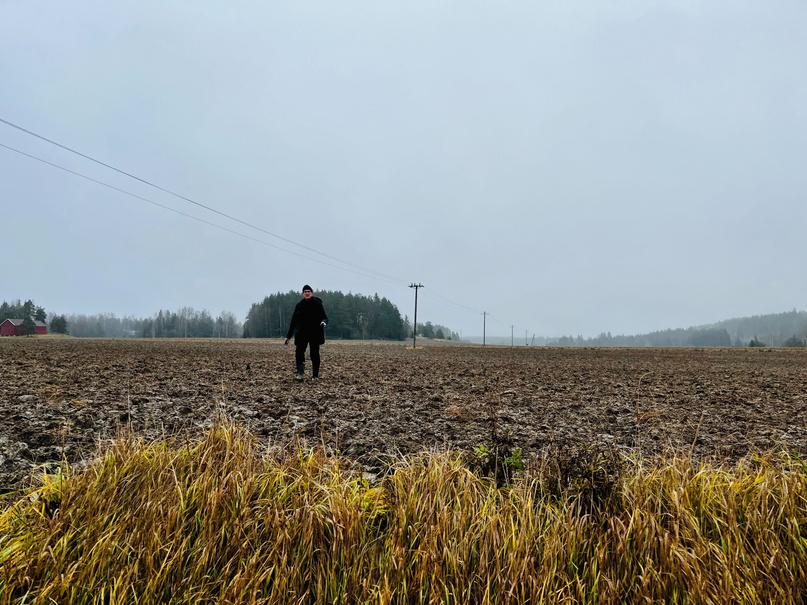

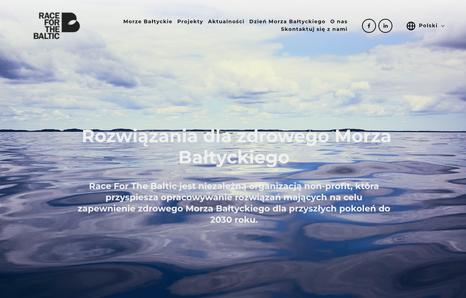
© Getty Images
© Shutterstock
THE CHALLENGE
Eutrophication - a global issue
The Baltic Sea, recognised as one of the most polluted bodies of water globally, is severely impacted by eutrophication, with 97% of its area affected [6] It also has the world’s largest hypoxic marine area (dead zone) caused by humans [7] In fact, seven out of the world’s ten largest dead zones are in the Baltic Sea [8] Eutrophication persists as a predominant environmental pressure on the Baltic Sea, significantly impacting its ecosystems and the services they provide. According to HELCOM third holistic assessment of the Baltic Sea, called HOLAS3, eutrophication and hazardous substances together constitute more than three-quarters of the total environmental impact on the Baltic Sea [9].
The flow of nitrogen and phosphorus, that causes eutrophication, is responsible for significant problems like algal blooms, diminished water clarity, lifeless sea beds, and increased fish mortality The issue extends beyond local concerns, as nitrogen and phosphorus flows are among the top global environmental challenges
The latest Planetary Boundaries update indicates that six out of nine boundaries have been crossed, suggesting that Earth is now well outside of the safe operating space for humanity [10] Among these, biogeochemical flows (nitrogen and phosphorus) are among the most significantly exceeded Since the 2015 update, the degree of transgression for previously transgressed boundaries - biogeochemical flows, climate change, biosphere integrity, and land system change - has increased.
The state of the Baltic Sea is the biggest environmental issue in the Baltic region and involves all surrounding countries. Despite established targets, no country in the region has yet achieved these goals, highlighting the need for concerted efforts across diverse sectors and nine nations. The Baltic Sea cannot be solved by one party alone, therefore an international approach and cooperation between the parties is essential
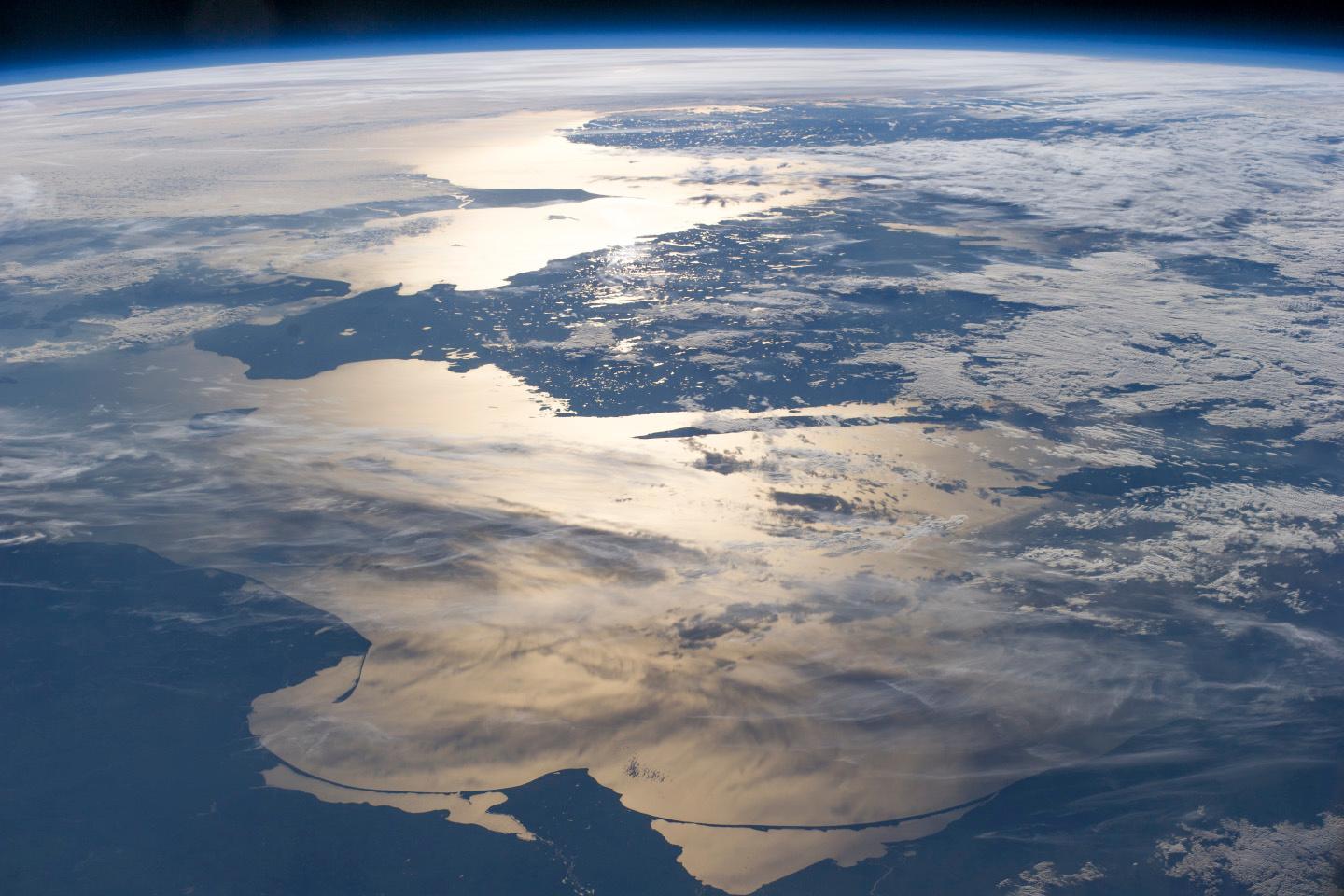
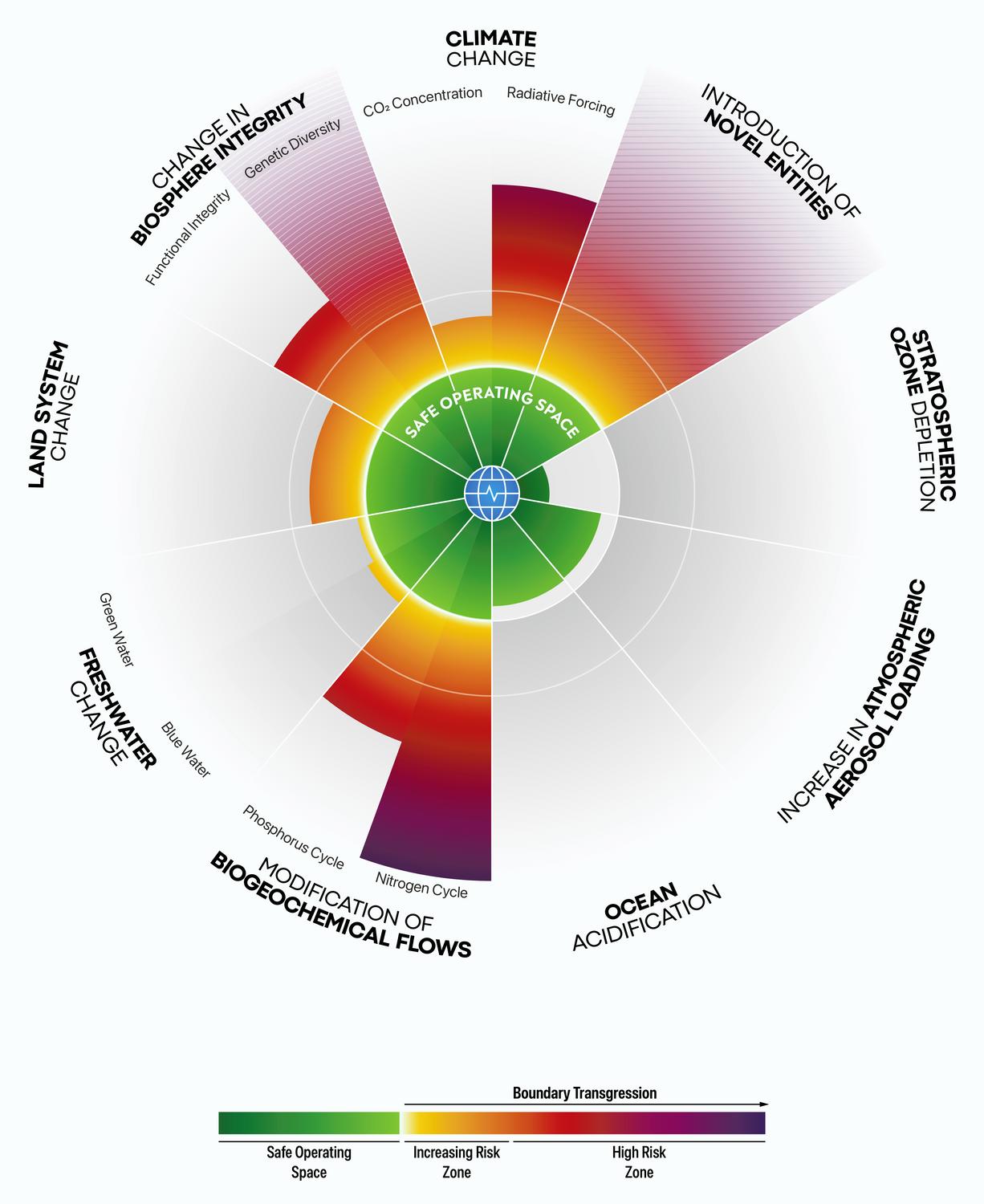

8 © GLOBAÏA www globaia org
THE OPPORTUNITY
Closing the gap
Despite efforts made [to reduce nutrient inflow] since the signing of the Helsinki Convention in 1974, the agreed-upon targets for the maximum allowable input (MAI) [11] , where the Baltic Sea status starts improving every year, have not yet been met The primary outstanding challenge is the inflow of phosphorus Although we've cut the annual inflow by over 40,000 tonnes since the 1980s, there's still a remaining 6 000 [12] tonnes to reach the MAI
With a focused effort and structured approach, RFTB believes this can be achieved by 2030. If we can achieve this the Baltic Sea will start to restore itself.
Calculations by HELCOM in the holistic assessment of 2023, which examines the state of the Baltic Sea from 2016 to 2021, indicate that the financial benefits of a healthy Baltic Sea significantly exceed the costs
required to achieve good environmental status
An unhealthy Baltic Sea clearly has a negative impact on the profitability of, for example, fisheries and tourism Thus, achieving good environmental status, is an investment in the sustainable economic and societal development of the Baltic Sea region If a healthy Baltic Sea is achieved by 2040 it has been estimated to be worth 5 6 billion euros per year to the citizens around the Baltic Sea [13]
Continued collaboration, support, and awareness are crucial to ensuring the Baltic Sea's restoration.
HELCOM’s latest assessment State of the Baltic Sea show that measures to reduce pressures on the Baltic Sea are effective, when implemented, and the time for action is now.


[6] Helcom http://stateofthebalticsea helcom fi/pressures-and-their-status/eutrophication/
[7] Carstensen et al “Deoxygenation of the Baltic Sea during the last century”
[8] Encyclopedic Entry Dead Zone https://education nationalgeographic org/resource/dead-zone/
[9] The Baltic Sea Impact Index is a ranking of pressures themes attributed to cumulative impacts at regional scale See Third HELCOM holistic assessment 2016-2021 (2023)
[10] “Earth beyond six of nine planetary boundaries” Katherine Richardson et al Science Advances 9, eadh2458 (2023)
[11] MAI (Maximum Allowable Input) are targets for nutrient inputs agreed upon by the Baltic States If the MAI’s are met, the Baltic Sea is assumed to restore itself Gustafsson et al (2012), Savchuk et al (2012)
[12] According to HELCOM’s latest assessment 2022, phosphorus input in 2020 was at 27 695 tons and the agreed MAI is 21 716 tonnes
[13] HELCOM HOLAS 3, p 7
9
© NASA CCO Images
SOLUTIONS FOR A HEALTHY BALTIC SEA
RFTB is an independent non-profit accelerating solutions to ensure a healthy Baltic Sea for future generations by 2030
OUR APPROACH
Solution-oriented
RFTB is run by people with a background in the private sector The strategy is based on an analysis of how to maximise impact This has led us to focus on hands-on and measurable projects that reduce the inflow of phosphorus
We are firm believers that more can be achieved by cooperating with others Therefore, RFTB has taken an active role to gather, share information, and cooperate with other Baltic Sea organisations.
Many of RFTB’s projects are run together with other organisations. Projects are prioritised based on their impact efficiency with the overall objective to achieve maximum return (for the Baltic Sea) on the foundation’s assets. Return is measured as reduction of phosphorus [14] in the Baltic Sea. The evaluation considers several aspects such as cost per kilo of reduced phosphorus, likeliness of success, scalability, and strategic fit with the organisation

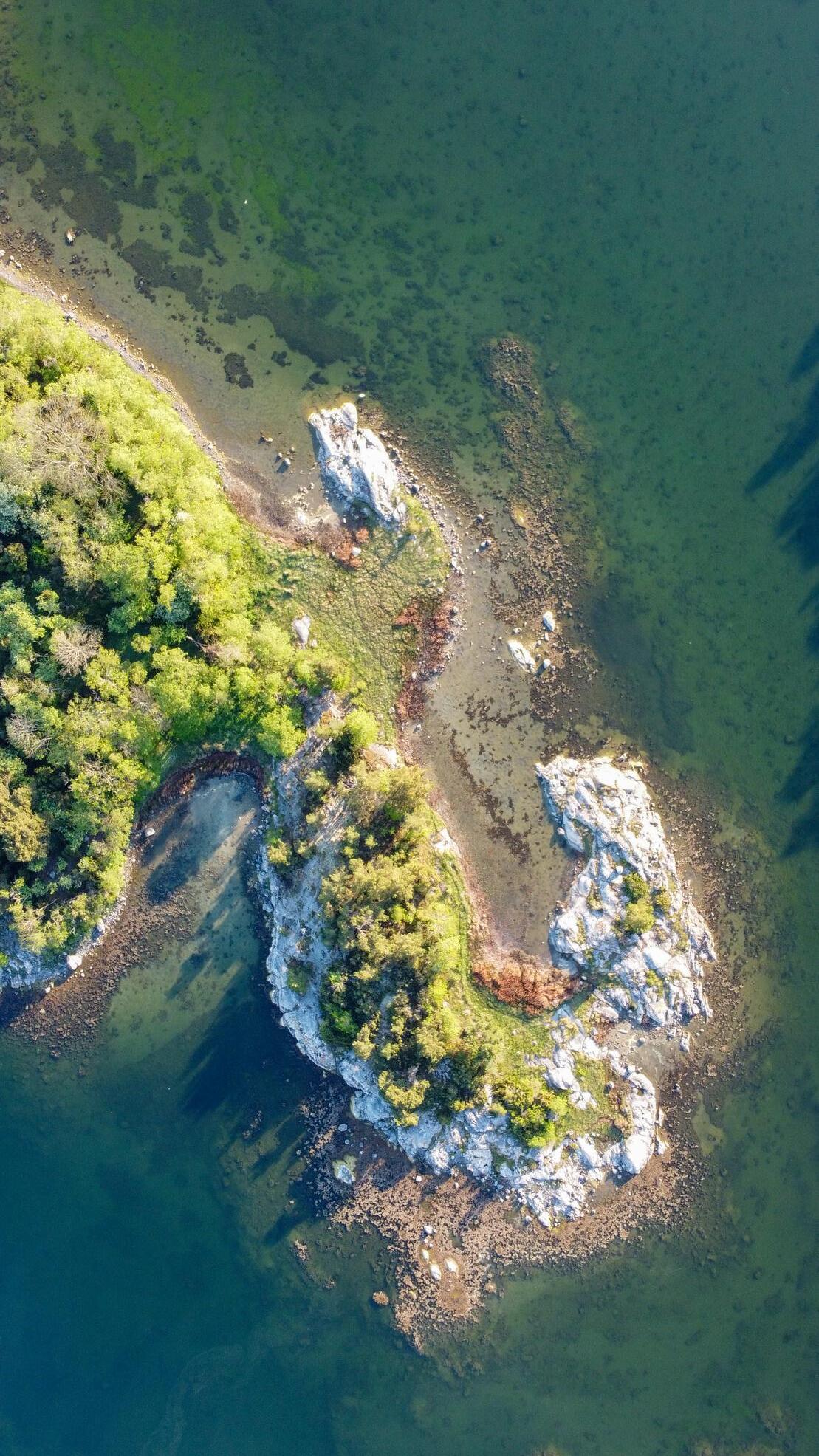
10
[14] The Baltic Sea Impact Index is a ranking of pressures themes

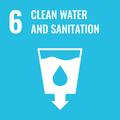
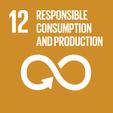
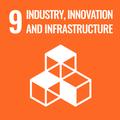
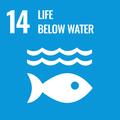

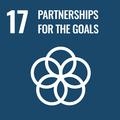
CITY ACCELERATOR HORSE PRODUCTION RESTORATION 11 BALTIC REED PORT FISH MAINTENANCE MAINTENANCE
RFTB's projects addresses, SDG 6 (clean water and sanitation), SDG 9 (industry, innovation and infrastructure), SDG 11 (sustainable cities and communities), SDG 12 (responsible consumption and reduction) SDG 14 (life below water) and SDG 17 (partnership for the goals) GYPREG STARTED Q4
Q2
PROJECTS 2023
STARTED
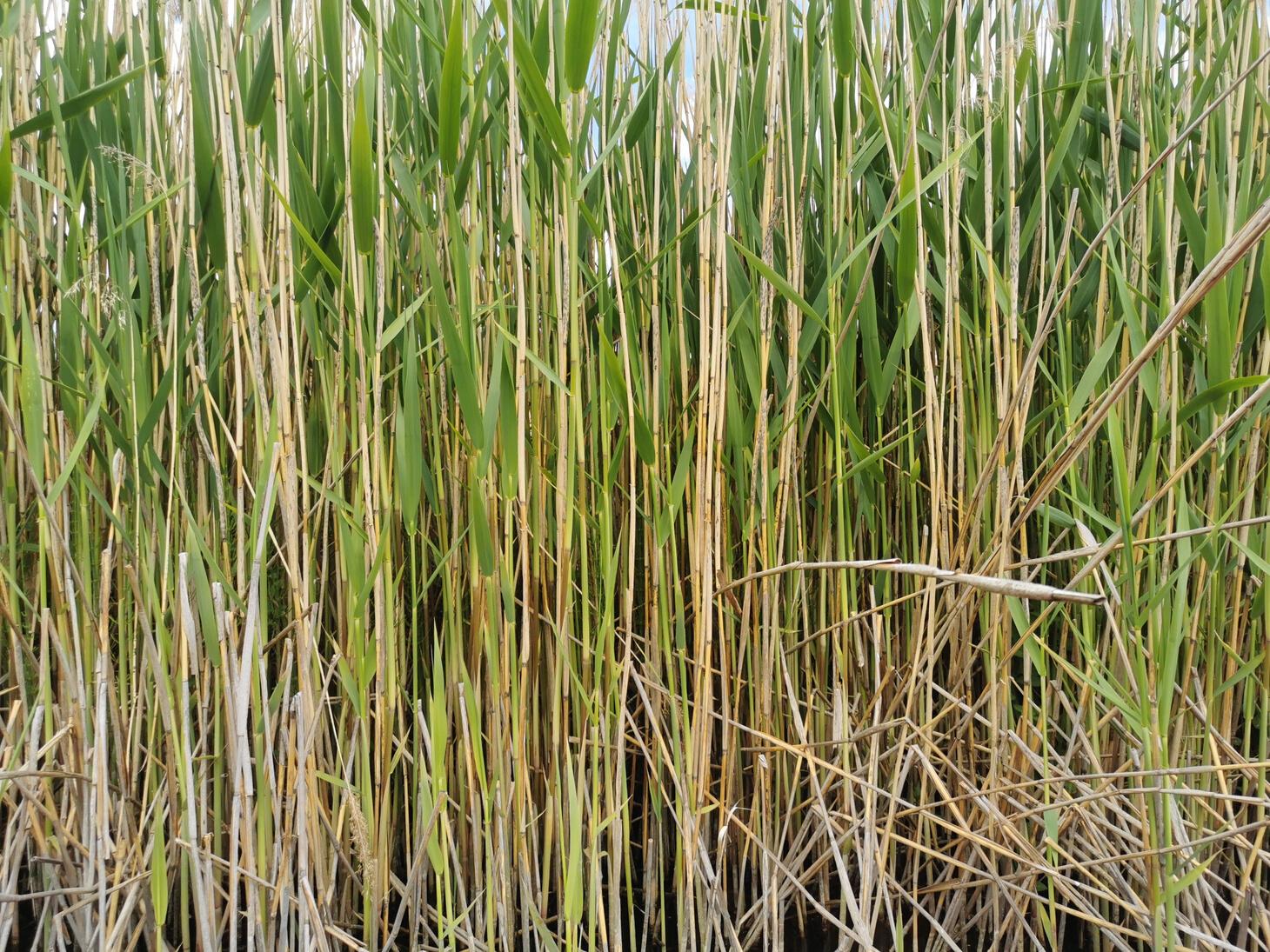
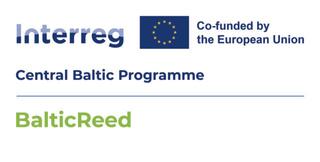
BALTIC REED
The objective of the Baltic Reed Project is to recycle nutrients from eutrophicated coastal waters of the Baltic Sea to land. At the same time, the project promotes the sustainable utilisation of reed biomass as a raw material for diverse purposes, for example replacing peat.
A thick reedbed binds significant amount of nutrients: a hectare of reedbed can contain 10 kg of phosphorus, 100 kg of nitrogen, and more than 2 tonnes of organic carbon When the reeds are mowed and the reed biomass is utilised, large amounts of nutrients are removed from the coastal waters Thus, reed harvesting, when planned in synergy with nature conservation needs, provides a cost-effective measure for reducing nutrient reserves in Baltic Sea coastal ecosystems, and supports and supplements other ongoing activities aiming at improving the state of the Baltic Sea
This project is RFTB’s first EU Interreg project and involves partners from Finland, Åland, and Sweden The project officially commenced in the spring of 2023 and is set to continue for three years
Central to the project is the exploration of reed's commercial applications, including roofing, soil improvement, building material, and biochar Harvesting methods and processing techniques vary depending on the end product RFTB is building a comprehensive network involving various stakeholders to cover all aspects of the reed product value chain
The project includes extensive research on market assessments, production chain mapping, and cost analysis. Plans are underway for large-scale harvesting across Sweden, Finland, and Åland, aiming to absorb significant amounts of phosphorus and nitrogen.
A milestone in 2023 was the successful reed harvest in Vaxholm, Stockholm, a collaborative effort with local authorities, a harvesting company, and SLU researchers The harvested reed is currently under evaluation for its suitability as animal fodder HRH The Swedish Crown Princess visited the Baltic Reed project on Baltic Sea Day She witnessed the reed utilisation chain, from harvesting to product delivery, and observed livestock feeding on ensilaged reed at the public farm 4H Vallentuna
KEY RESULTS
• Kicked off in May 2023
• Reed harvest in Vaxholm, Stockholm, collaborative effort with local authorities, a harvesting company, and SLU researchers
• Initiated a comprehensive network involving various stakeholders to cover all aspects of the reed product value chain






12
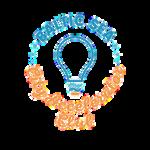
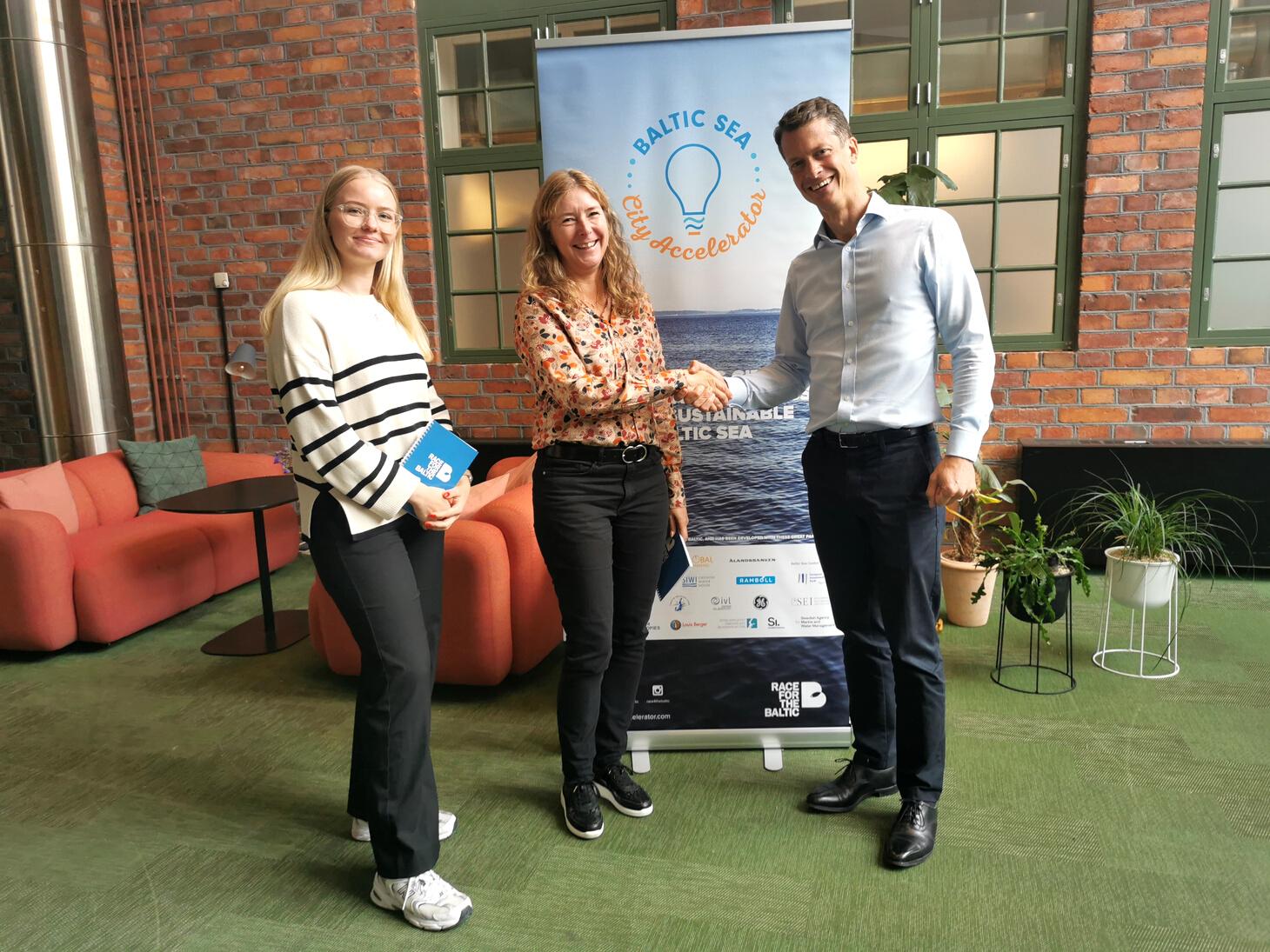
CITY ACCELERATOR
In Q223, RFTB hosted a three-day event in Stockholm with participants from Estonia, Lithuania, Poland, and Sweden, aimed at fostering knowledge exchange and networking The event featured a stormwater management session linked to eutrophication, a field trip to Norra Djurgårdsstaden for advanced stormwater systems, and a presentation on addressing internal loading by Ernst Witter from Örebro, part of the LIFE IP Rich Waters project It also highlighted funding opportunities and challenges for Baltic municipalities
Furthermore, in the third quarter, RFTB announced Katrineholm Municipality's expanded role within the City Accelerator Club. Starting from the third quarter of 2023 and extending into 2024 and 2025, Katrineholm Municipality will take on project management duties for the Club. While RFTB will continue to fund and strategically guide the Club, Katrineholm Municipality will be responsible for planning and coordinating its activities.
Member municipalities
Vaxholm, Sweden
Värmdö, Sweden
Katrineholm, Sweden
Västervik, Sweden
Kalmar, Sweden
Karlshamn, Sweden
Simrishamn, Sweden
Klaipėda District, Lithuania
Panevėžys, Lithuania
Sopot, Poland
Gdynia, Poland
Viimsi, Estonia
Blekinge Arkipelag, Sweden
Helsinki, Finland
Turku, Finland
“Katrineholm is a great partner for advancing the mission of the City Accelerator Club Not only are they familiar with the operations, having been a member of the Club since its founding in 2018, but through their exemplary work with numerous waterrelated projects that have received attention both nationally and internationally, and their engagement in LIFE IP Rich Waters, they are also well-versed in participating in projects that are based on partnerships between national authorities, municipalities, companies, researchers, and independent foundations ”
–
Peter Wiwen-Nilsson, CEO, Race For The Baltic.
KEY RESULTS
• Successful three-day event with 11 municipalities in Stockholm
• Agreement signed with Katrineholm municipality on the future management of the City Accelerator






13
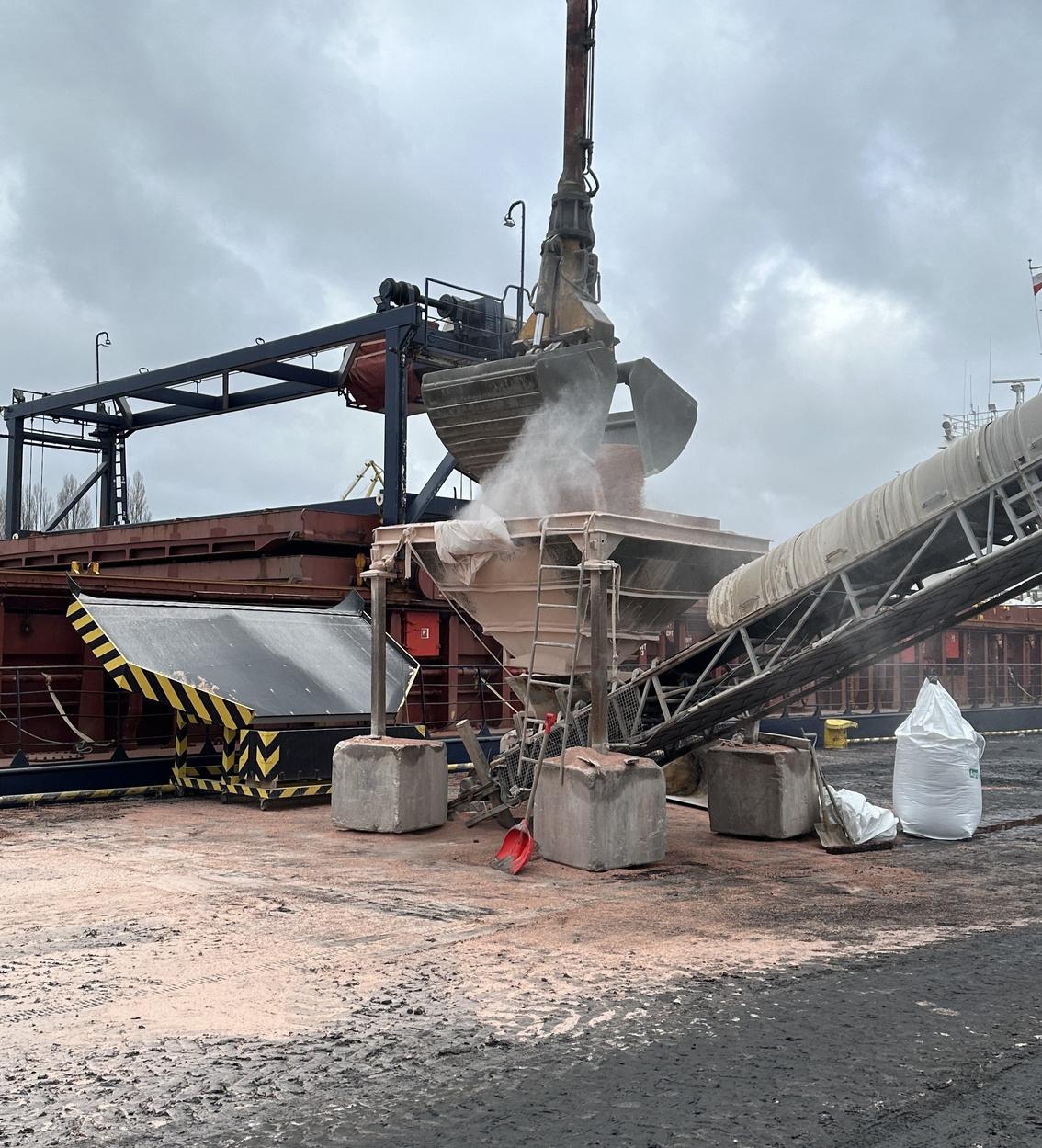
PORT PROJECT
Throughout the past year, RFTB has reached significant achievements in its commitment to enhancing the management of dry bulk fertilizer, aiming to reduce nutrient emissions into the Baltic Sea, particularly around Polish ports In 2024, we will be taking a crucial final step to conclude the Port Project: organising a roundtable with key stakeholders to ensure the integration of Best Available Techniques/Best Environmental Practices (BAT/BEP) into the daily operations of ports This meeting is designed to encourage knowledge exchange and collaborative efforts Our goal is to create a standardised method for minimising dry bulk fertilizer leakage across most of the leading fertilizer ports
A standout achievement is the funding and successful installation of a prevention cover at a Gdansk Port terminal in early February, which is now fully functional. This development represents a fruitful collaboration between RFTB and the Gdansk terminal, underscoring a shared commitment to environmental stewardship.
Furthermore, RFTB has embarked on a project to fund the design of two prevention covers for fertilizer terminals Fosfan and Baltic Stevedoring Company in Szczecin, Poland These initiatives not only bolster environmental protection efforts but also pave the way for disseminating key findings and best practices
In partnership with Baltic Stevedoring Company and Fosfan, RFTB has also invested in making the cleaning
process more efficient by financing cleaning sweepers that can be attached to compact loaders These steps will significantly contribute to reducing nutrient runoff and the phosphorus emissions into the Baltic Sea
Beyond direct interventions, RFTB has collaborated with international partners, including the John Nurminen Foundation (Finland) and the Coalition Clean Baltic, to lead a workshop in Gdynia, Poland, in partnership with HELCOM This workshop, focused on identifying best practices and equipment to curb dry bulk fertilizer leakage, brought together industry and governmental bodies, fostering an essential dialogue aligned with the HELCOM Baltic Sea Action Plan
KEY RESULTS
• Organised a well-attended HELCOM workshop on Best Practices for dry bulk handling in ports, which was incorporated into HELCOM’s Baltic Sea Action Plan.
• Financed cleaning equipment in two fertilizer terminals in Szczecin and got one of them started with designing a prevention cover.
• One prevention cover was implemented at a terminal in Gdansk port.




14
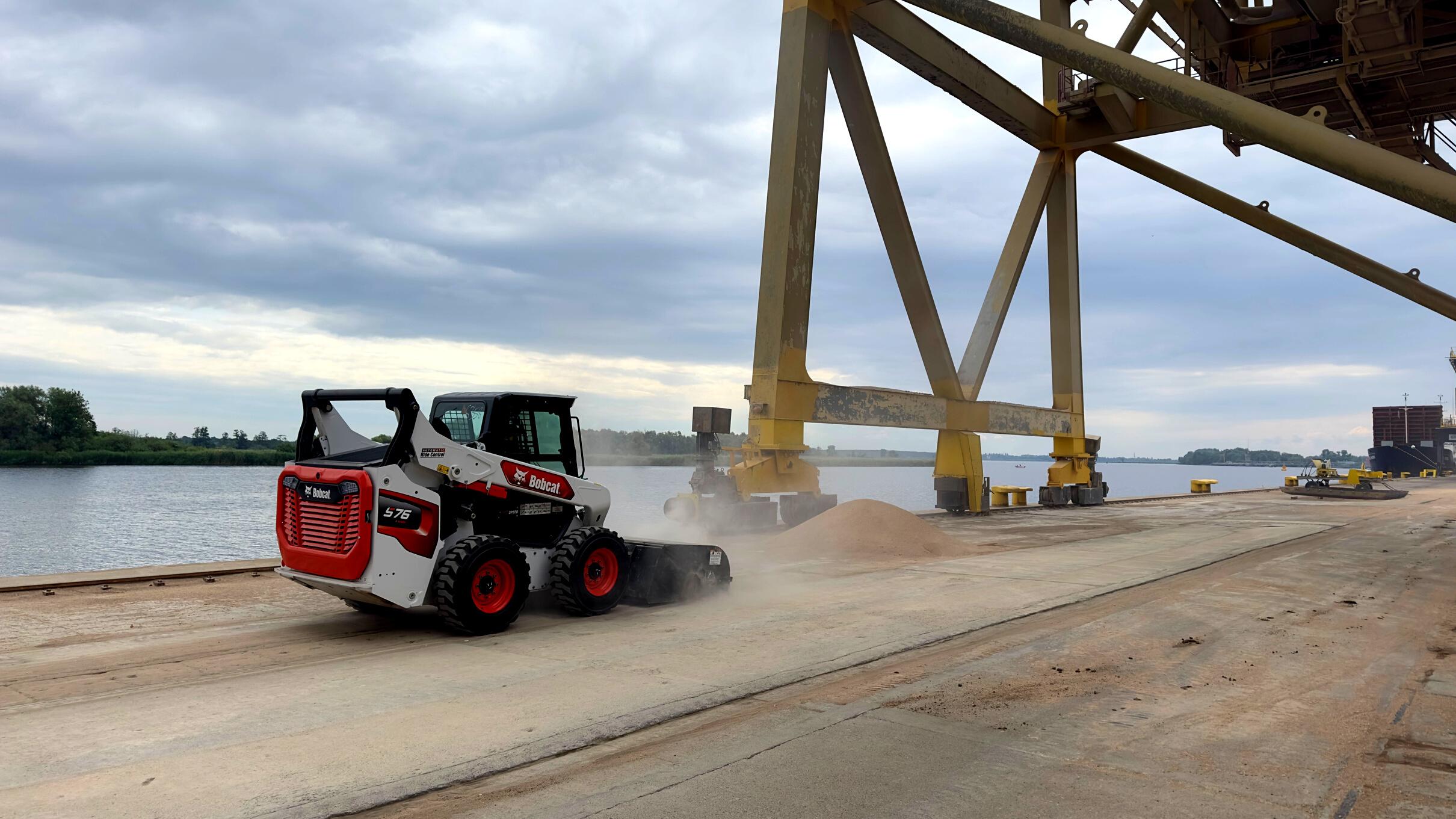
PRODUCTION PROJECT
In 2023, the Production Project made remarkable progress in its mission to reduce environmental impacts from fertilizer production. This initiative, a collaboration with a key stakeholder within the fertilizer industry, has significantly advanced its goals.
Throughout the year, RFTB deepened its partnership with this crucial ally, setting the stage for broader industry collaboration in 2024. A milestone was reached in Q3 with the signing of a formal agreement with the fertilizer producer and port terminal owner, establishing a solid framework for cooperation on phosphorus emission reduction. Subsequent meetings have focused on projects aimed at curbing phosphorus emissions, laying a strong foundation for the Project's endeavours in the coming year
RFTB has also made strategic investments in cleaning technologies and prevention covers at the producer's seaport terminal The cleaning equipment is already operational, and the design phase for the prevention covers is underway, with installation anticipated by spring 2024
In the course of 2023 RFTB also maintained the cooperation with another large fertilizer producer in Poland where investments were discussed related to developments that would significantly reduce nutrient emissions into the Baltic Sea We also visited the fertilizer producer’s seaport terminal to check on the prevention cover that RFTB invested in a few years ago
Participation in key events, such as the Baltic Sea Science Congress and industry conferences in Poland, has allowed RFTB to forge new connections and disseminate knowledge on effective strategies to minimise phosphorus leakage in fertilizer production.
In summary, the Production Project's collaborative endeavours in 2023 highlight RFTB's dedication to environmental stewardship and its efforts to diminish phosphorus emissions in the Baltic Sea through strategic partnerships and active participation in forums and workshops dedicated to sustainability.
KEY RESULTS
• Signed a cooperation agreement with one of Poland's largest fertilizer factories to support them in their work to lower emissions
• The cooperation has included financing cleaning equipment in their port terminal and kicked-off the design of a prevention cover.




15
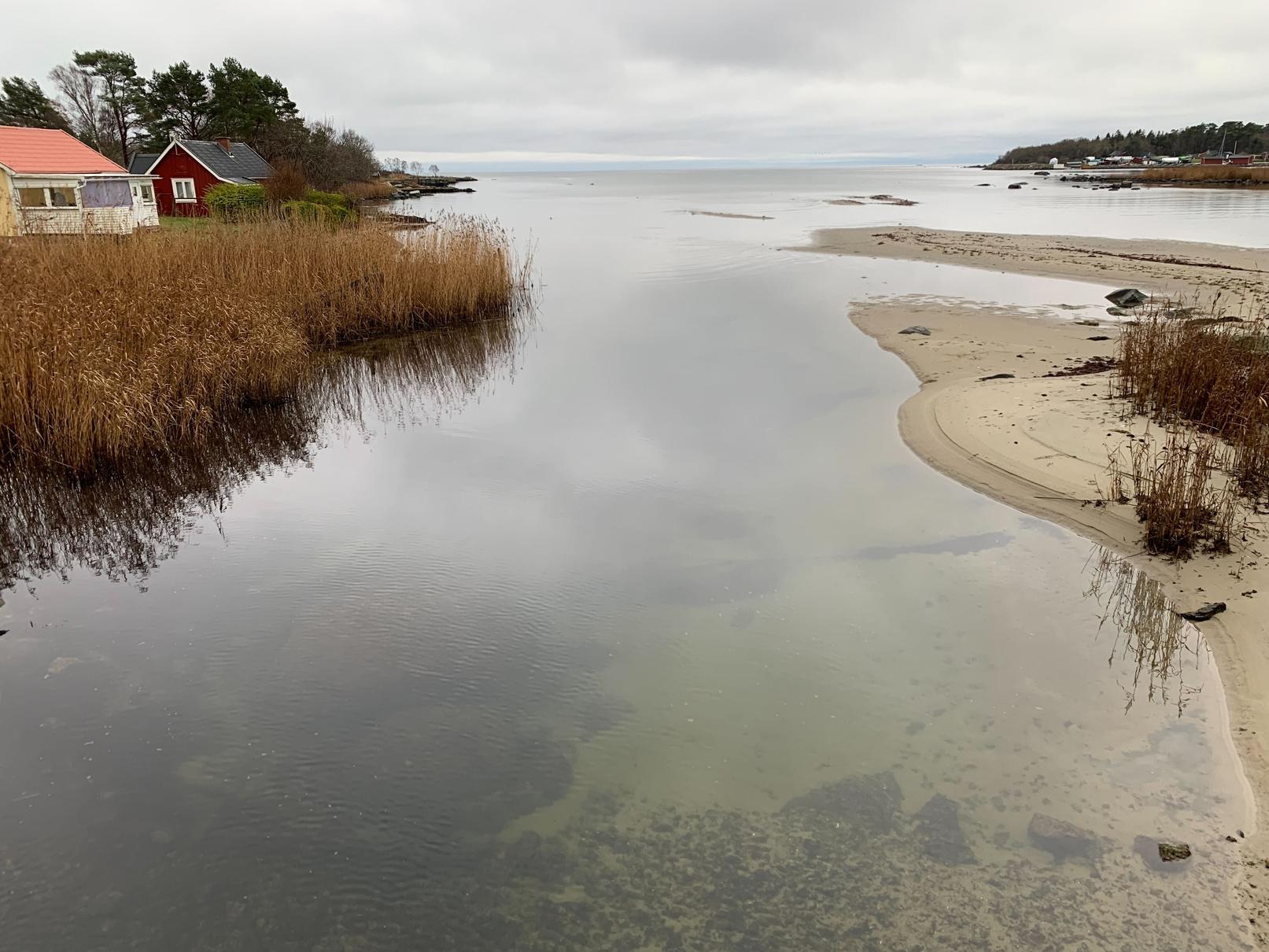
international conferences
In connection with the launch of the handbook, a webinar was conducted by representatives of the LIFE IP Rich Waters and SwAM This event, with approximately 90 participants, focused on discussing the handbook's conclusions and allowed for an interactive question-and-answer session
April also marked the beginning of a new phase in the Restoration project, with data collection on water flows and quality in two bays each in Österåker and Blekinge
The aim is to extend the handbook's applicability to coastal areas, adding to the understanding of internal phosphorus loading in these unique ecosystems.
In 2023, RFTB got concrete interest for the mineral treatment method from Estonia, Lithuania and Åland.
KEY RESULTS
• Launched a handbook on internal load in lakes together with Life IP Rich Waters. The handbook included a tool to assess and restore the internal loading in lakes. It has been translated and shared at several international conferences.
• Kicked-off data collection in two bays with the aim to extend the handbook's applicability to coastal areas.
• Received concrete interest for the method from Estonia, Lithuania and Åland.


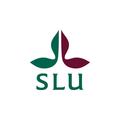





16

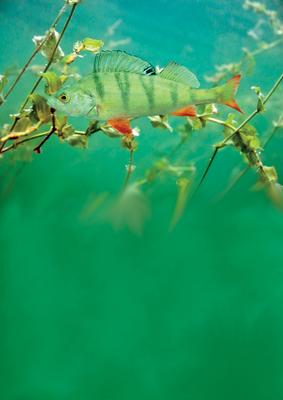
HORSE PROJECT Maintenance













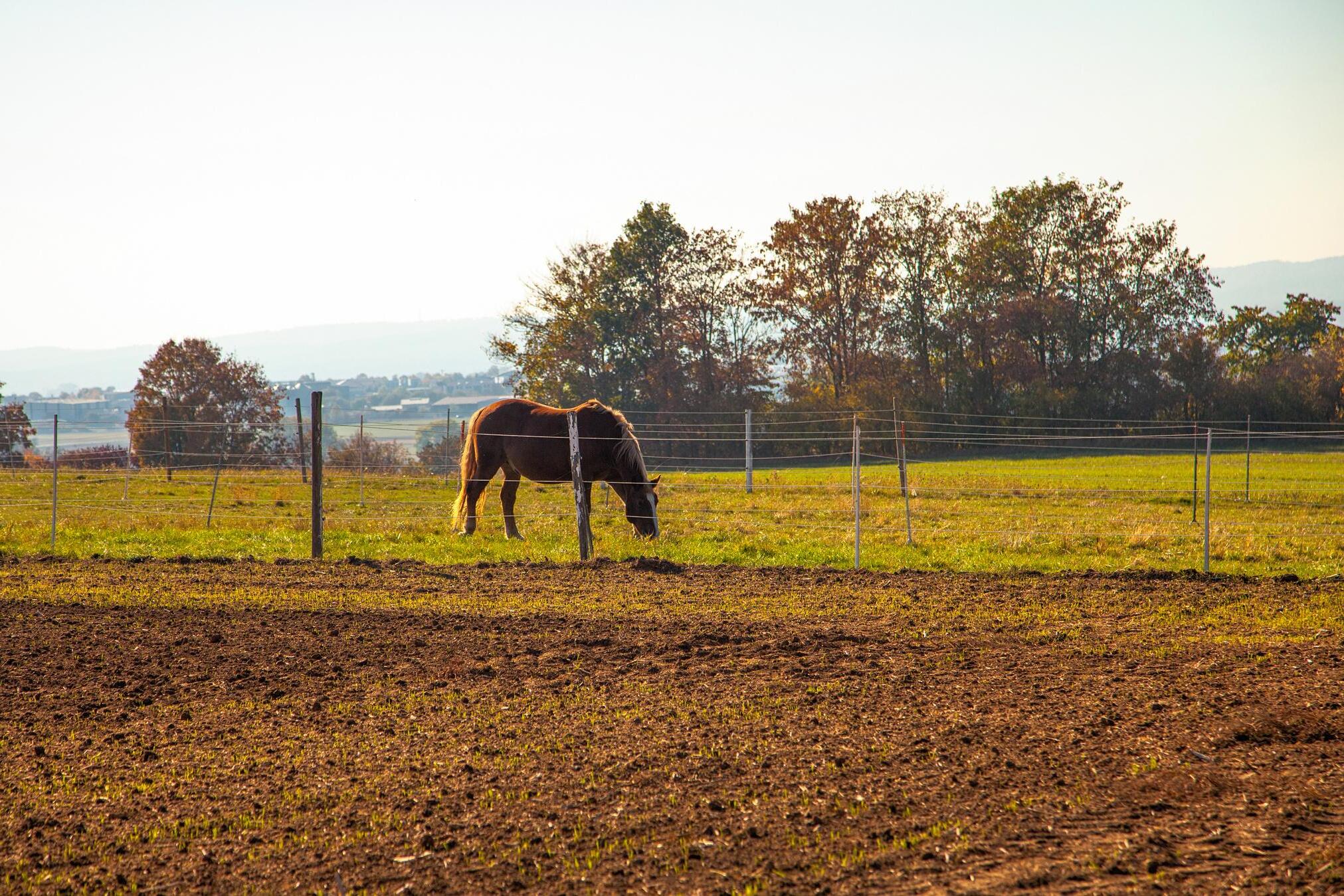
To assess the impact of the “Varje Skit Räknas” campaign, initiated in 2019, RFTB conducted its fifth survey on horse-keeping practices in Sweden in Q2. The survey, gathering insights from over 2,000 respondents, showed that improved mucking routines in paddocks and winter pastures among Swedish horse keepers have been sustained
Furthermore, in Q3, RFTB celebrated an achievement in its role as an Observer to HELCOM and its participation in revising the Baltic Sea Action Plan This collaboration has resulted in the integration of horse manure management into Action Point E14 of the plan, establishing a foundation for enhanced environmental impact throughout the Baltic Sea region
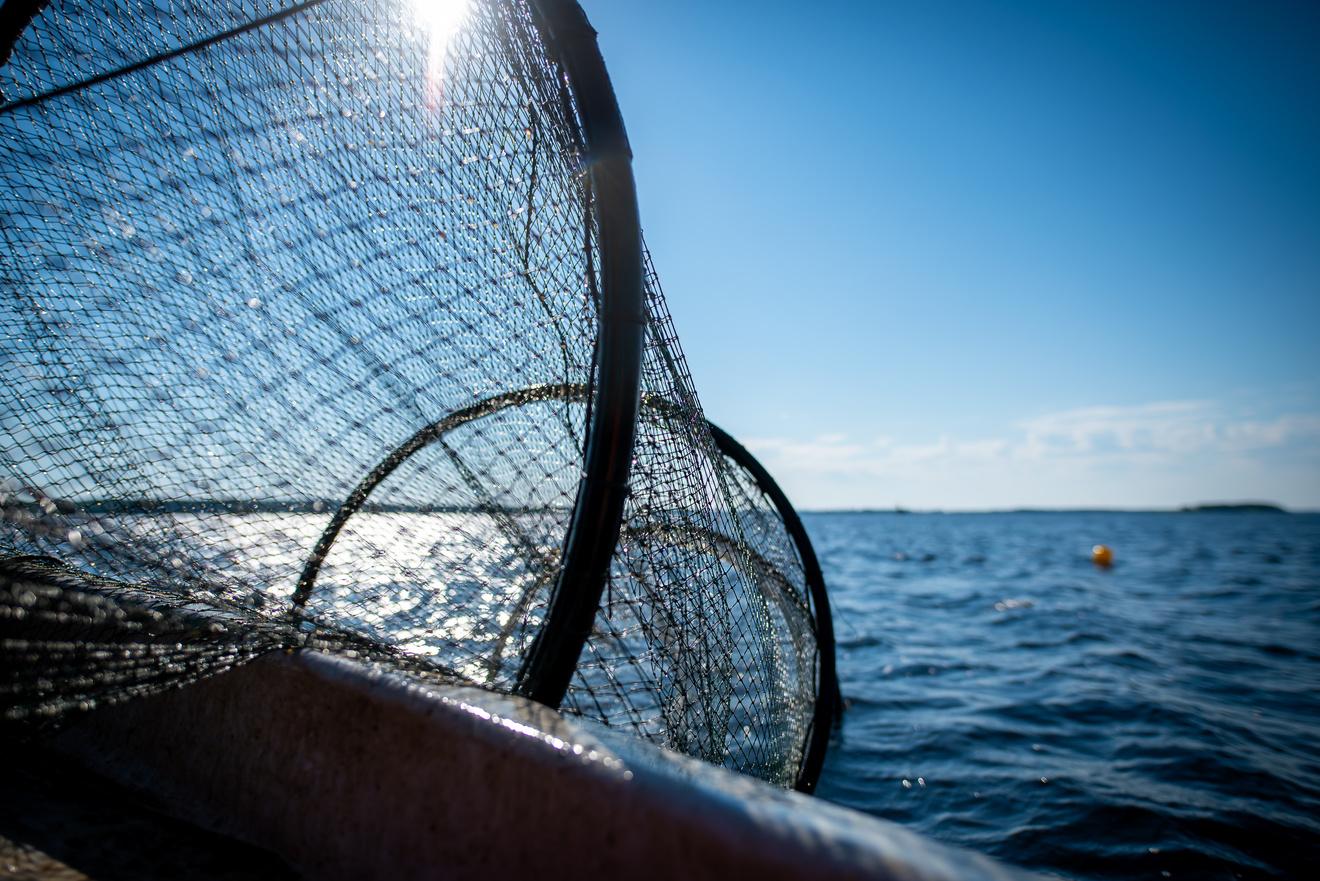
KEY RESULTS
• Fifth survey indicate that improved mucking practises among Swedish horse keepers have been sustained
• RFTB’s involvement in updating HELCOM’s Baltic Sea Action Plan have led to the inclusion of horse manure management in Action Point E14



FISH PROJECT Maintenance
KEY RESULTS
• Bream from the Baltic Sea was given a 'green light' in the WWF Sustainable Seafoo RFTB extends its gratitude to all partn Baltic Fish project
• Collaborative effort together with Ax a campaign in 2024 to promote susta












Ö KOAVDE S C S G SKIT RASTHAGEN ÖVERGÖDNNG BlienVattenhjälte Mockaförhästenochvåravatten miljö Ö ÄCHECKLSTA Ä ÄH T SVERGEKANGÖRA TTA ENSTORINS A S S F RÖ ÖVERGÖDNNGEN! M N K A
17
© Getty Images
© WWF
© Marie Sparreus
© Marie Sparreus

18 © Getty Images
2023 ACTIVITIES
MONTH ACTIVITY SUBJECT PROJECT ROLE LOCATION
BAT/BEP dry bulk fertiliser management Port
March Helcom workshop
Co-Organiser Gdynia
RFTB
March Helcom workshop Hotspots
Observer Online April City Accelerator Club Municipality networking City Accelerator Organiser Stockholm
RFTB
April Helcom's Informal Consultation Session Hotspots, phosphogypsum stacks, BAT/BEP dry bulk fertiliser storage
Observer Helsinki
Port
Partner
dry
fertiliser
Framework Directive & Internal load RFTB/Restoration Co-organiser
August Baltic Sea Day Annual theme day RFTB Co-organiser All over Sweden August Baltic Sea Science Congress Eutrophication & Climate Change RFTB Participant Helsinki September Baltic Reed project kickoff Reed utilisation and productisation Baltic Reed Project Partner Helsinki November GYPREG project kickoff Application of gypsum on arable land GYPREG Project Partner Helsinki November Baltic Stewardship Initiative Conference Effective measures in agriculture RFTB Participant Stockholm
Helcom Consultation
Informal Consultation Session of the Heads of Delegation RFTB Observer Helsinki
June PortSHAZ workshop Port developments
Project
Elbląg & Gdańsk June Cleaning machine demonstration BAT/BEP
bulk
management Port/Production Organiser Szczecin June Launch of handbook Internal load and eutrophication Restoration Participant Online June International Maritime Congress Networking Port/Production Participant Szczecin June Polish Ports 2030 Congress Networking Port/Production Participant Sopot July Östersjödagarna at Almedalen EU:s Water
& presenter Visby
December
4th
19
BALTIC SEA DAY
It's gratifying to see the increasing recognition and establishment of Baltic Sea Day year after year
Internationally, this year's celebration took place in 7 countries, 35 cities where 250 partners together achieved 180 news articles and over 4,400,000 in reach
Regarding the engagement in Sweden, this year's celebration was a great success About ten major events took place in the country during Baltic Sea Day, and a total of 70 Swedish partners got involved in various ways through their own channels, marking a 66% growth compared to Baltic Sea Day 2022
Baltic Sea Day was initiated in 2019 in Finland by the John Nurminen Foundation On the last Thursday in August every year, actors gather around the Baltic Sea to celebrate the sea
On Baltic Sea Day, RFTB organised the full-day conference "Baltic Sea Solutions" with the blue economy as the overarching theme highlighting how the business sector can reduce its negative impact and contribute to a healthier Baltic Sea
The conference was organised in collaboration with Havsfonden, Stiftelsen Hållbara Hav, Swedbank, Mannheimer Swartling, MSC, WWF, Guldhaven Pelagiska, Siemens, Vattenresurs AB, and Svenskt Vatten
The keynote speakers for the day were Klas Eklund, Chief Economist at Mannheimer Swartling, and Peter Norman, former Minister for Financial Markets and current Chairman of Nasdaq The day was moderated by environmental journalist Catarina RolfsdotterJansson


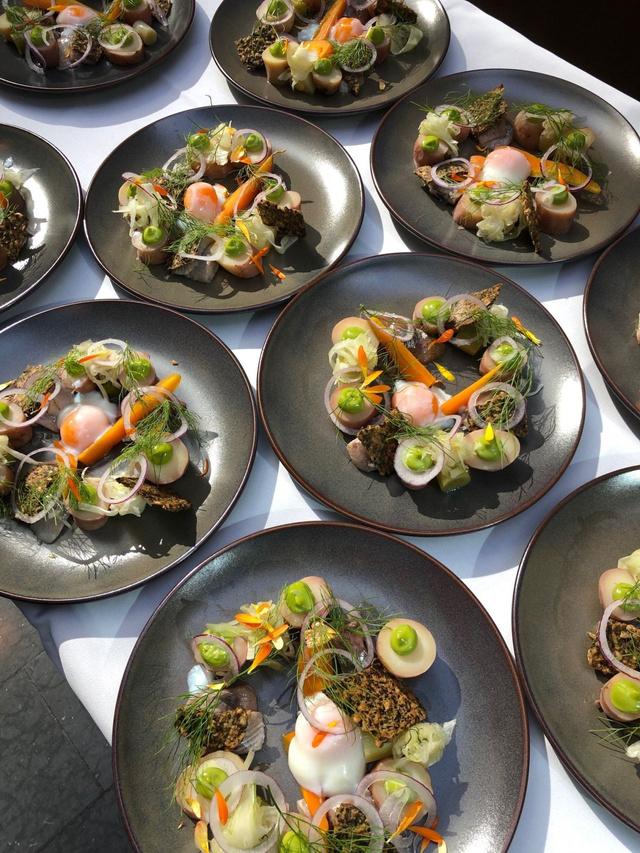


JOINTHECELEBRATIONONAUGUST29TH2024! READMOREATÖSTERSJÖDAGEN.SE In connection with The
H R H
and got
to visit our new Baltic
20
Baltic Sea Day, RFTB had the privilege of engaging the
Crown Princess Victoria
her
Reed project
© Pelle T Nilsson, SPA
© RFTB
Full-day conference "Baltic Sea Solutions" with the blue economy as the overarching theme
EVENTS
In 2023 RFTB's recognition was strengthened with representation at a number of high level events and conferences Here is a selection of activities from the year;
NGO meet-up organised by Voice of the Ocean (VOTO), on current projects including a lecture on the Baltic Health Index by the Stockholm Resilience Centre The participating organisations included John Nurminen Foundation, Coalition Clean Baltic, Baltic Sea Action Group, WWF, VOTO and RFTB
On HELCOM’s request RFTB held a well-attended workshop on Best Practices for dry bulk fertilizer handling in ports, which was included in HELCOM’ Baltic Sea Action Plan

RFTB held an event on policy implementation of the Water Framework Directive at Almedalen with representatives from key Swedish authorities
At Almedalen, RFTB also held a seminar on internal load in cooperation with Life IP Rich Waters and IVL Svenska Miljöinstitutet
The Finnish Environment Institute (Syke) hosted an interesting first meeting in Finland to kick off the new Interreg Project GYPREG. The project brings together national and public authorities, NGOs, farmers and farmers’ associations to increase the uptake of gypsum treatment of agricultural fields that allows to reduce phosphorus losses from agriculture.

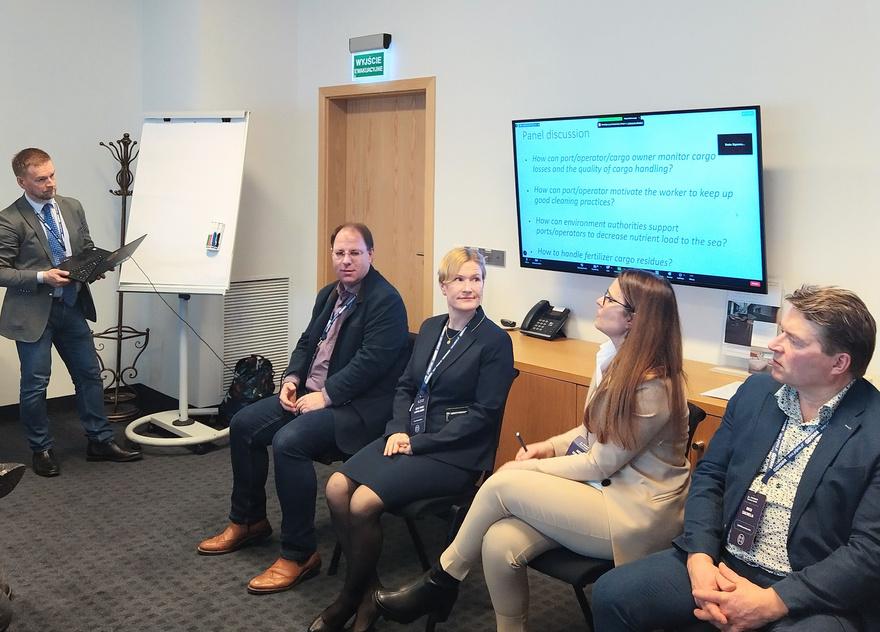



21
© VOTO
© JNF
ORGANISATION 2023
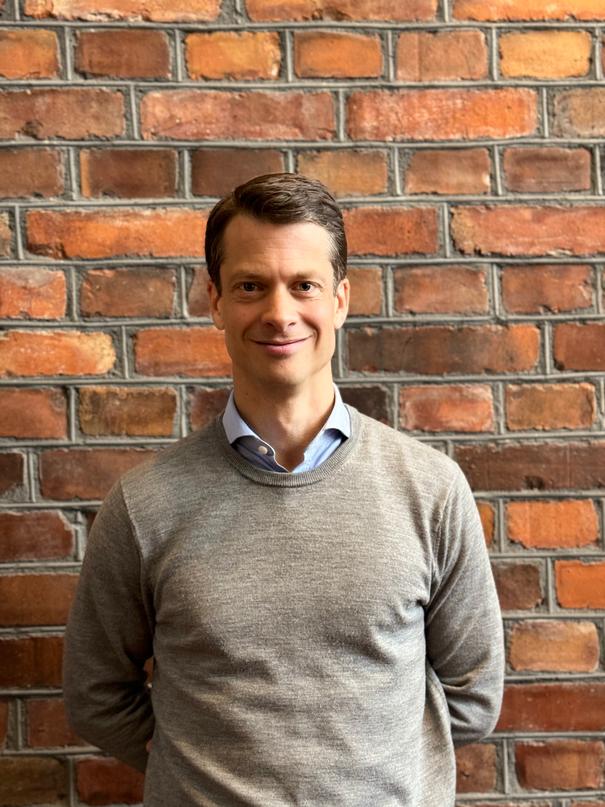
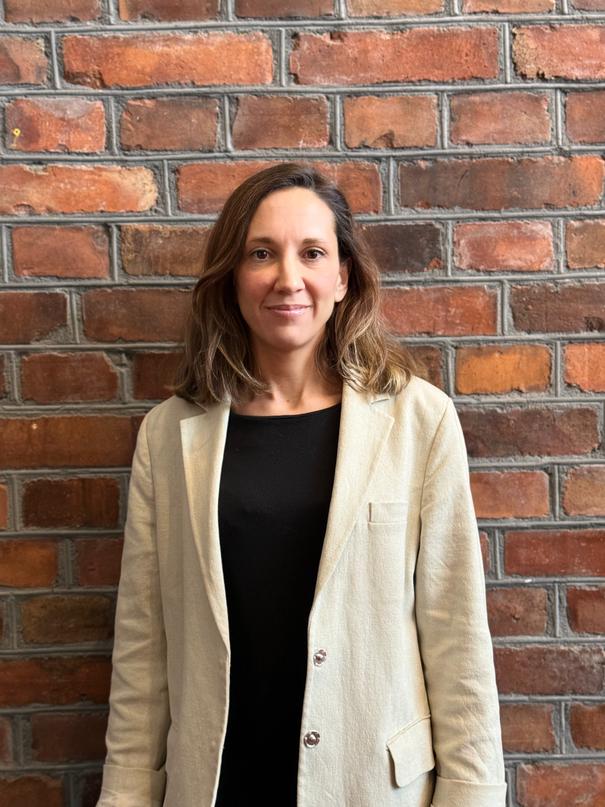




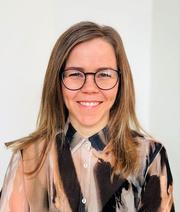
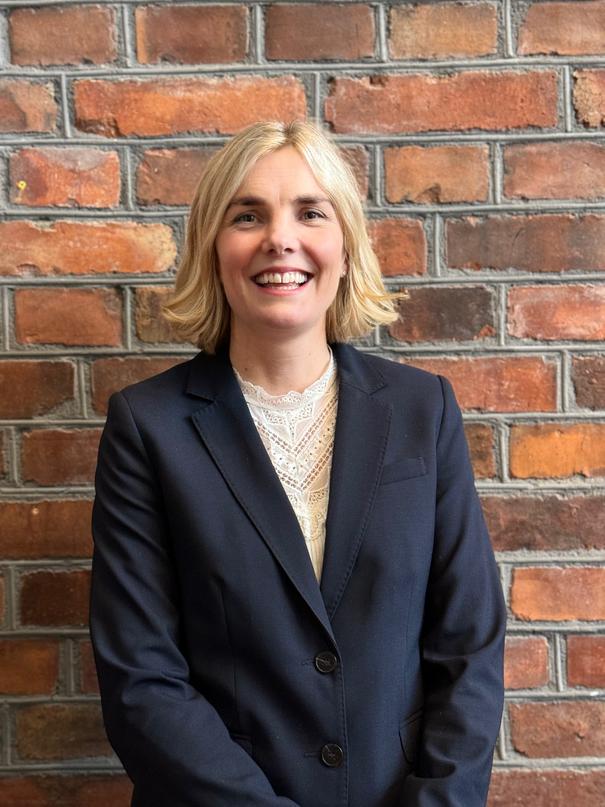
BOARD
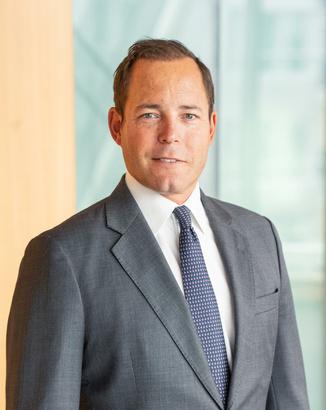
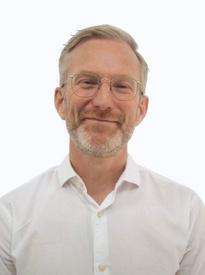

 Fanny Tham Ratz Deputy CEO
Peter Wiwen-Nilsson CEO
Helene Isander Communication Director
Fanny Tham Ratz Deputy CEO
Peter Wiwen-Nilsson CEO
Helene Isander Communication Director
22
Anna Andersson Content & Office Manager
Rosemari Herrero Business Manager Restoration project
Kamil Jagodzinski Business Manager Production project
Grzegorz Olszweski Business Manager Port project Joined in Q2
Anil Ramel Singh Business Manager Baltic Reed project Joined in Q3
Tomas Johansson Chairman of the Board Board member
Sophia Bendz Board member Departing
Niklas Zennström Founder
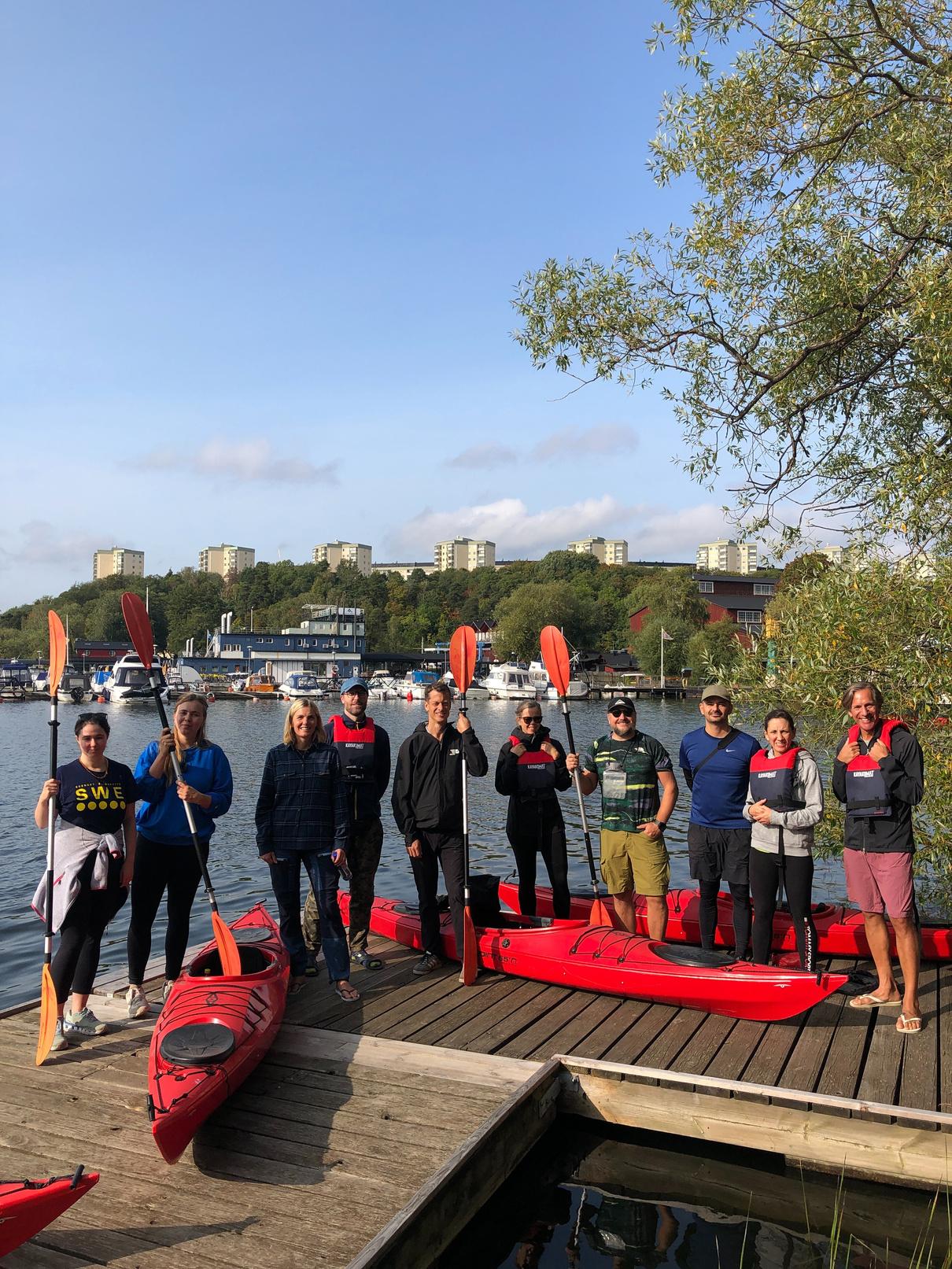
PARTNERS
RFTB is truly grateful for the support that our partners provide in terms of expertise, resources and venues RFTB's partners are just as passionate about the Baltic Sea as we are and together we can make a difference RFTB thanks our partners for the generous assistance and encouragement in the advancement of our mission, a clean and healthy Baltic Sea
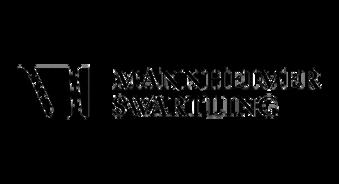
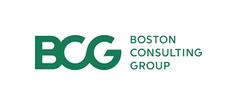
23

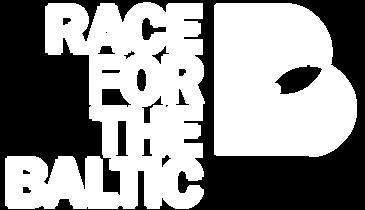





Solutions for a healthy Baltic Sea www.raceforthebaltic.com linkedin com/company/race-for-the-baltic/










 Peter Wiwen-Nilsson, CEO, Race For The Baltic.
Peter Wiwen-Nilsson, CEO, Race For The Baltic.








































































 Fanny Tham Ratz Deputy CEO
Peter Wiwen-Nilsson CEO
Helene Isander Communication Director
Fanny Tham Ratz Deputy CEO
Peter Wiwen-Nilsson CEO
Helene Isander Communication Director



